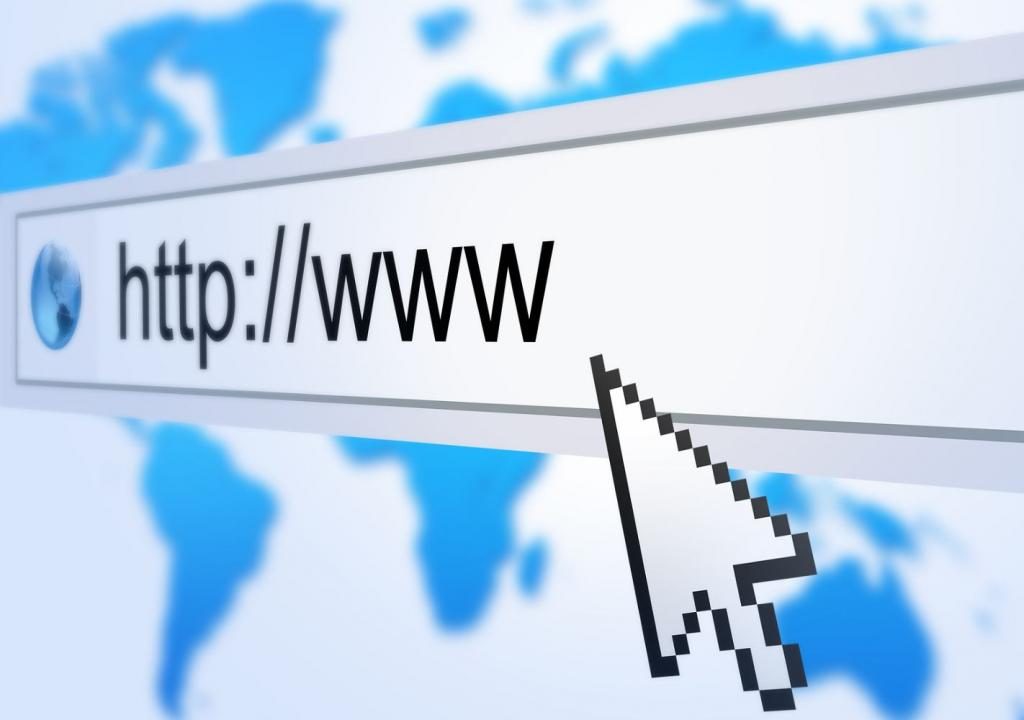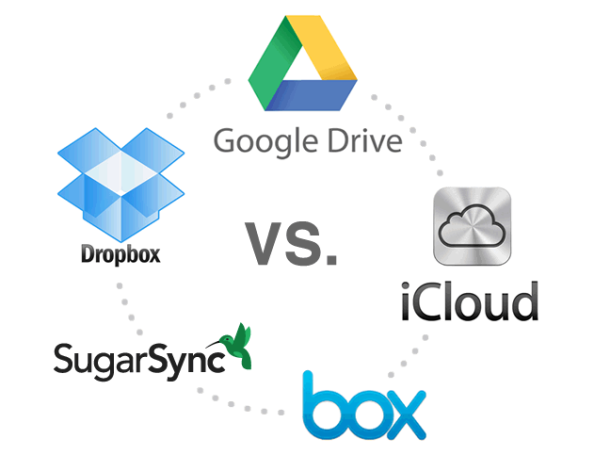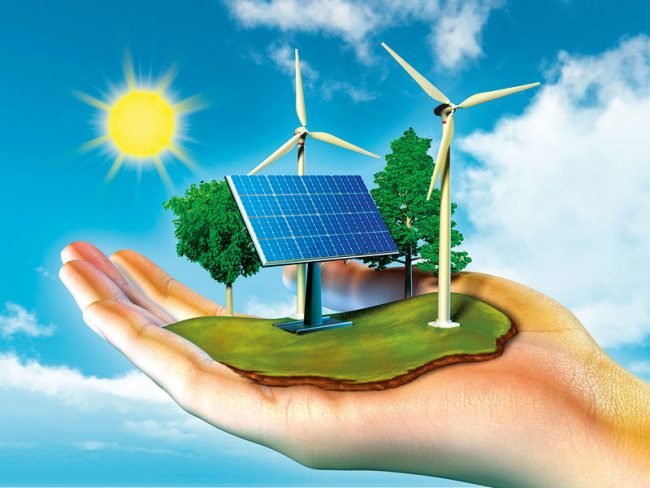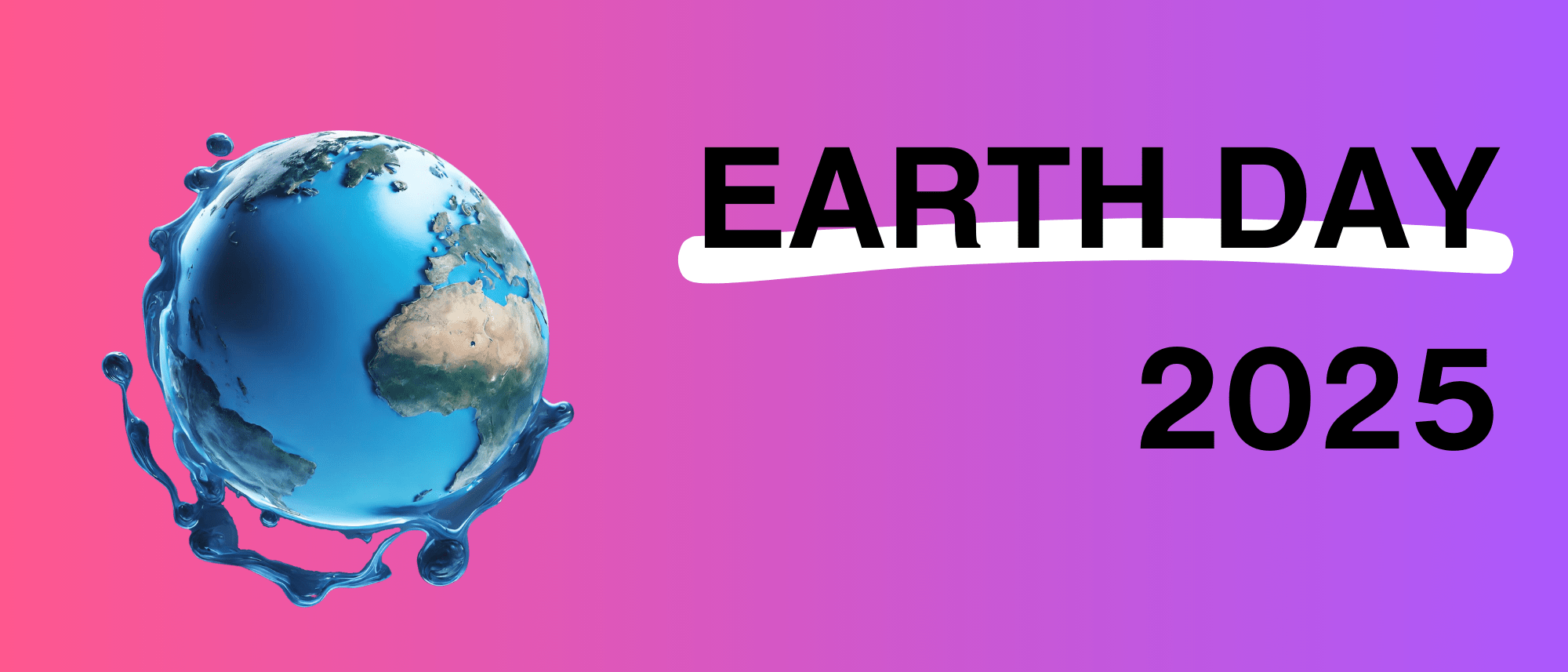Paper has been around since the Egyptians invented the paper making process some 4,000 years ago. To this day, pulp is still used as the basis material although the process has been refined over the years. Pulp is used for a multitude of different products used daily such as toilet paper, books, newspapers and tissue paper. As a result, millions of trees are cut to obtain pulp. Fortunately, modern technology has allowed the growth of environmentally sustainable computing.
Green computing or green IT is defined as the study and practice of designing, manufacturing, using, and disposing of computers, servers, and associated subsystems efficiently and effectively with minimal or no impact on the environment. Other than that, it aims to reduce the use of hazardous materials, maximize energy efficiency during the product’s lifetime, and promote the recyclability or biodegradability of defunct products and factory waste.
The wide use of paper and high demand for pulp resulted to many issues varying from deforestation, industrial pollution to environmental degradation. Therefore, limiting the use of paper or pulp can contribute widely to the environment, especially with the use of green computing. Some of the most effective ways to practice green IT includes:
World Wide Web

The widespread use of computers and related technologies can make a big difference in paper consumption all over the world. A ‘paperless‘ office is much closer to reality with computer mediated technologies making it possible to publish and distribute written words without using paper in the cyber age. The World Wide Web is significantly affecting our paper consumption habits, as there are numerous paperless materials online (books, catalogues, blogs) that may slow down the use of paper. Furthermore, online newspapers, e-bills, financial payments and transactions, e-tickets and boarding passes also save tons of paper every day.
LED or LCD Panels

Another smart use of technology to save paper is the humble digital photo frame. They are wonderful devices to showcase information in an attractive manner and increase customer engagement while saving paper at commercial establishments. This allows easy updating of information along with attractive presentation, reducing the printing of paper brochures and information sheets. Bigger versions of this concept are huge LCD or LED panels at exhibitions, malls and outdoors. It stands to reason that there are a lot less printed posters and signs in landfills as a result of digital signage taking its place.
Collaborative Online Applications

Collaborative online applications to share and edit documents online limit paper consumption, postal services, ink use, printer energy and help keep all of your documents easily manageable and accessible. Other collaborative applications such as video conferencing and telepresence are finding innovative uses from virtual business meetings to e-learning and medical consultations.
The biggest step towards saving trees is to utilise greener technology… remember, every little bit makes a difference.
By,
Poonam Sagar
P.S. If you want an effective website and online marketing services contact ws@infotech.co.id for a quote today!





